The views expressed in our content reflect individual perspectives and do not represent the authoritative views of the Baha'i Faith.
In the late summer of 2016, I attended an opening for an exhibition in which I was the featured artist.
As the crowd mulled about the cavernous space sipping cheap wine, and engaging in spirited conversations, a middle aged white man, pulled me aside to ask me a searching question: “Was I angry?”
He seemed to imply that my work, which often deals with issues of justice, and social marginalization, was an artistic response to an inner rage fomented by the many ills that blight our society. I paused for a moment to consider the question before answering.
Was I angry? “No,” I said self-consciously, “or at least, I don’t think so.”
As the night drew to a close and I said goodbye to the many friends and well-wishers who had come to offer their support, the thought haunted me: “Was I angry?” In the days and weeks that followed I wrestled with my response which, with time, distance, and deeper self reflection, seemed dishonest.
Listen to Masud Olufani’s episode of our Cloud9 podcast: An Artist Rooted in Justice and Unity
In one of his most famous quotes, the gifted writer and orator James Baldwin once said: “To be a Negro in this country and to be relatively conscious is to be in a rage almost all the time.” Baldwin articulated the deep-seated feelings of African Americans who suffer the lingering effects of sustained multigenerational trauma within the context of a society that devalue, discount, and dismiss their pain.
Even more insidious was the expectation that black folk bear the burden of protecting white fragility by ignoring, repressing, and internalizing our anger—an ineffective and self-destructive coping mechanism that has led to disproportionate rates of heart disease and high blood pressure amongst African American populations. Anger, according to Baldwin, was the natural response to the scourge of racism, and rage, its destructive cousin, was the inevitable outcome of apathetic indifference to its lingering effects—a way to say to a deaf world, “I am here, you WILL see me.”
Dr. Martin Luther King Jr., responding to the explosive Watts Riots of 1965 which left 34 people dead, echoed this sentiment when he suggested in a 1966 interview for CBS News that, “a riot is the language of the unheard.” Today’s periodic social conflagrations, in response to the murder of unarmed black men, imbues King’s words with a searing veracity. History has proven that anger, absent an effective means to channel its volatility, has the potential to devolve into an explosive force that threatens to destroy not only its object, but also it’s host.
The Baha’i writings warn against the corrosive affects of anger on the one who harbors it: “Jealousy consumeth the body and anger doth burn the liver: avoid these two as you would a lion.” – Baha’u’llah, The Tablet of Medicine, provisional translation from the Research Department at the Baha’i World Centre.
Viewed in this context, anger undermines the physiology of the body. It acts as an invasive contagion that can gradually subvert the integrity of the corporeal form—and what of its impact on the eternal soul? How do malice, malevolence, and animosity—iterations of misdirected anger—shape the inner life of man?
Abdul-Baha, the son of Baha’u’llah, the prophet and founder of the Baha’i Faith, said:
Sin is the state of man in the world of the baser nature, for in nature exist defects such as injustice, tyranny, hatred, hostility, strife: these are characteristics of the lower plane of nature. These are the sins of the world, the fruits of the tree from which Adam did eat. – Paris Talks, p. 177.
In light of these teachings, it seems one must guard against the destructive potentialities latent within anger, for they have unhealthy physical and spiritual implications. But the question remained: “Masud, are YOU angry?”
I knew I needed to answer that question honestly, if my avowed commitment to the truth—“the foundation of all human virtues,” according to the Baha’i writings—had integrity. I knew that a deeper understanding of who I was depended on a candid assessment of my inner reality. Baha’u’llah wrote that, “True loss is for him whose days have been spent in utter ignorance of his self.” – Tablets of Baha’u’llah, p. 156.
One morning, during a moment of reflection, I sensed an inner voice saying, “yes, you ARE angry.” I sat with the realization for a moment, allowing myself to reconcile with this truth. Now that I could accept my anger, I needed to understand its source. I needed to know why. What were my reasons? The gauntlet of social obstacles one has to negotiate while black makes me angry. The litany of racialized micro and macro aggressions one must endure with Job-like patience angers me. The incessant need to excel, to be seen, to be “twice as good” simply to avoid erasure angers me. The expectation that I must educate, assuage, comfort, and companion my white brothers and sisters through the mechanics of privilege while simultaneously managing the effects of that privilege on my own life angers me.
So yes, I was angry, but now what? After admitting it to myself, what was I going to do about it? Was there a way to use it—to transcend it? Could I perform some alchemical act of the spirit, and transform the base metal of my resentment into the pure gold of what the Universal House of Justice, the global governing body of the Baha’i world community, calls “constructive resilience?”
Fortunately for myself, and indeed for all of us, transformation is the fundamental purpose of God’s revelation:
… is not the object of every Revelation to effect a transformation in the whole character of mankind, a transformation that shall manifest itself, both outwardly and inwardly, that shall affect both its inner life and external conditions? – Baha’u’llah, The Book of Certitude, p. 25.
I could accept my anger, but I did not have to be bound to its implicit destructiveness. Indeed, the word of God holds within it the means to regulate the emotional landscape of our inner lives; to make new what was old—to draw from the bitter cup of sadness the chalice of enduring happiness, and to mend the tattered garment of bitterness and hate with the thread of fellowship and love. The choice was, and is my own. I can serve God, or serve my emotions.
I am still angry. It would be disingenuous for me to say otherwise, but my outrage at an increasingly materialistically driven society that values things above people fuels my determination to see the inherent dignity of all people. My indignation for the stubborn persistence of racism feeds my resolute commitment to building sincere relationships across cultural lines. My outrage at the spiritual blindness of a confused and bewildered world compels me to rely on the clarity of God’s revelation to see the way forward:
… this is clear: a power above and beyond the powers of nature must needs be brought to bear, to change this black darkness into light, and these hatreds and resentments, grudges and spites, these endless wrangles and wars, into fellowship and love amongst all the peoples of the earth. This power is none other than the breathings of the Holy Spirit and the mighty inflow of the Word of God. – Abdu’l-Baha, Selections from the Writings of Abdu’l-Baha, p. 52.


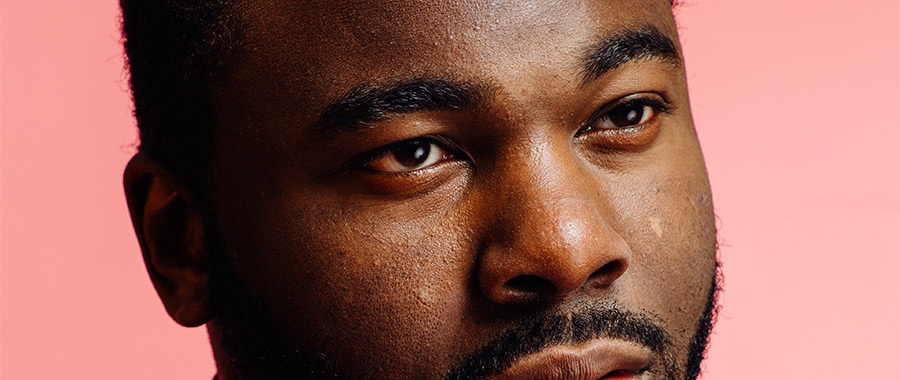
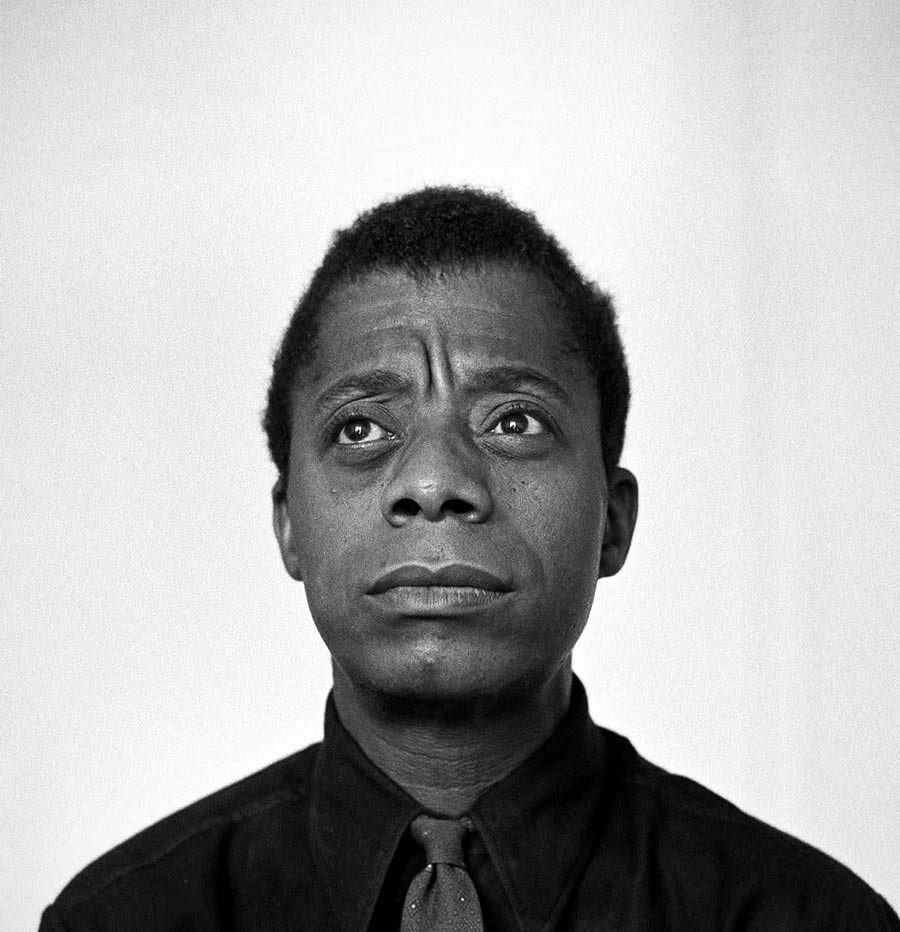
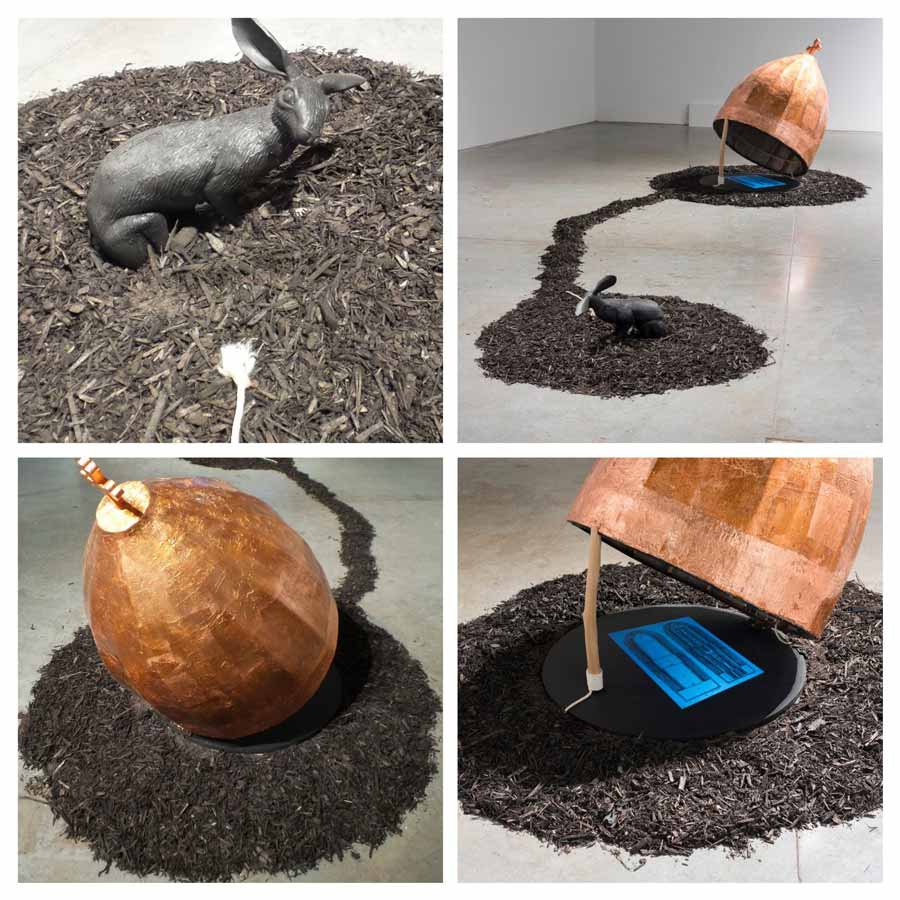

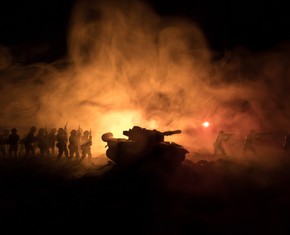
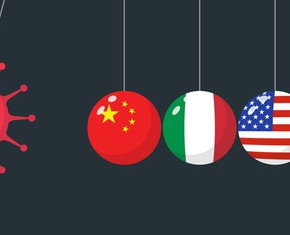
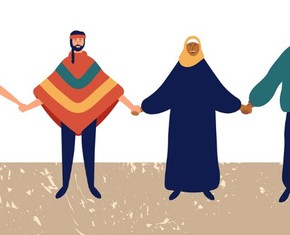









Comments
Sign in or create an account
Continue with Googleor